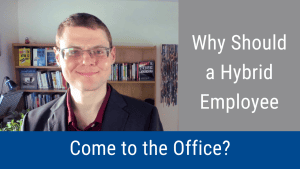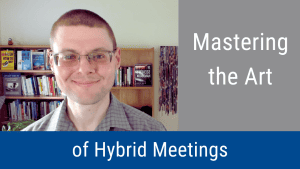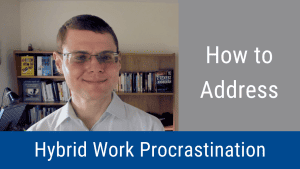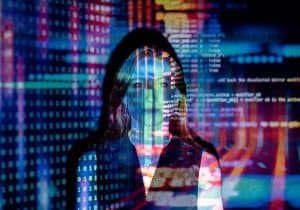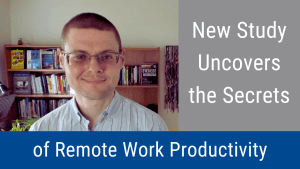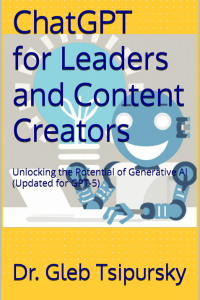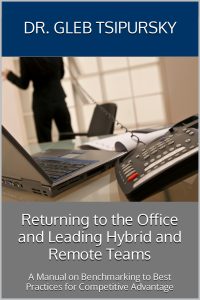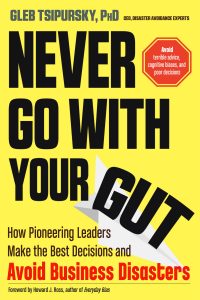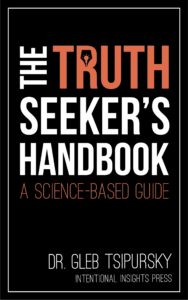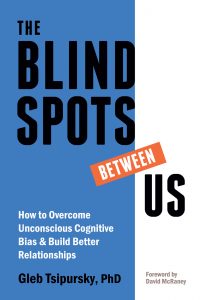AI’s revolutionary impact on business drives productivity and profits, yet it poses significant risks that demand attention from savvy leaders.
In remote work, combatting proximity bias is crucial for fair promotions. Proximity, even in virtual settings, plays a role in career advancement. Be mindful of this hidden factor.
Hybrid work in healthcare offers flexibility, space optimization, and talent attraction, but it also requires technology, leadership training, and regular engagement assessments to navigate challenges and ensure patient-centricity in the evolving landscape.
Hybrid work’s tapestry unfolds, weaving diverse insights for a corporate evolution in collaboration and flexibility.
Embrace flexible work or risk talent loss. Reports highlight attrition, recruitment struggles, and the pivotal role of flexible policies. Cognitive biases underscore employee resistance to returning to the office. Successful companies adapt, recognizing flexibility as a necessity for attracting and retaining talent in the evolving landscape of work.
Remote work boosts efficiency but magnifies proximity bias, posing challenges for underrepresented groups.
Embrace hybrid work for diverse talent, innovation, and work-life balance, but address challenges with technology, transparency, and adaptive policies. Leadership example and recognition reinforce its value, while acknowledging and mitigating cognitive biases is crucial for successful organizational transition.
To successfully lead a reshuffled hybrid team after layoffs, managers need to offer empathy, understand team member needs, have a communication plan, cultivate trust, and celebrate success.
Building future workplaces hinges on strategic hybrid models, customization, and continuous adaptation for employee engagement and success.
Hybrid work success demands flexible spaces: prioritize collaboration, quiet zones, and employee preferences for an optimized office.
Gifts promoting well-being via charity donations redefine love’s expression, enriching lives globally.
If you don’t have clear, transparent, and well-understood hybrid work guidelines, you’re shooting yourself in the foot and harming retention and recruitment
In a tight labor market, healthcare organizations must find ways to stand out and attract top talent, and allowing staff to complete some their work from home results in a clear boost to retention and recruitment, while increasing productivity and engagement.
Remote success: Prioritize considerate communication, mindful leadership, and empathy to foster effective collaboration and boost team productivity
Generative AI is revolutionizing remote and hybrid work, enhancing communication, boosting productivity, and ensuring security. While reaping the benefits, organizations must proactively manage legal, ethical, and existential risks to confidently embrace the AI-driven transformation of the work landscape.
The hybrid work model, with its emphasis on in-person collaboration and human qualities, can safeguard knowledge workers’ jobs in the age of AI disruption.
Embrace remote/hybrid work’s potential. Cultivate trust, inclusivity, and adaptability for lasting success in the evolving corporate landscape.
Minimize hybrid employee time commuting by asking them to come in only for high-value face-to-face activities, such as intense collaboration, challenging conversations, cultivating belonging, and building weak connections. That’s the key take-away message of this episode of the Wise Decision Maker Show, which describes why hybrid employees should come to the office.
Hybrid meetings can succeed with proper AV technology, a separate facilitator for remote attendees, and norms of behavior for in-person participants to engage with remote attendees. That’s the key take-away message of this episode of the Wise Decision Maker Show, which describes how to master the art of hybrid meetings.
Manager perceptions of hybrid employee procrastination come from coordination problems, which are the responsibility of the manager to fix, and involve learning the skills of managing an increasingly-hybrid workforce. That’s the key take-away message of this episode of the Wise Decision Maker Show, which describes how to address hybrid work procrastination.
Urgent need to address AI’s potential to endanger humanity through alignment issues and responsible development.
Adaptability is paramount. Embrace institutional flexibility, empower talent, and rethink work structures for success in an ever-changing world
To ensure remote work productivity, businesses should support remote workers by providing the necessary tools, training, and communication channels. That’s the key take-away message of this episode of the Wise Decision Maker Show, which discusses results of a new study about remote work productivity.
Prioritizing modern childcare is vital for retaining remote workers. It boosts productivity, reduces stress, and supports a future-ready workforce.
The Return to Office is failing due to inadequate communication, lack of technology adoption, and ignoring employee preferences.
Protect yourself from decision disasters by getting our free Wise Decision Maker Course, which includes 8 weekly video-based modules. As a bonus, you'll receive a free copy of our Assessment on Dangerous Judgment Errors in the Workplace when you sign up.



















